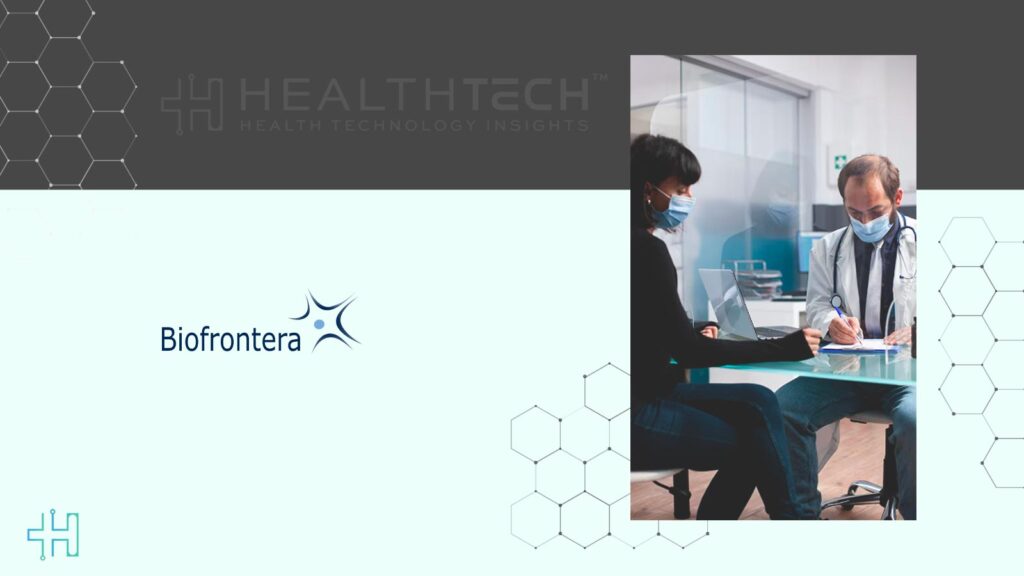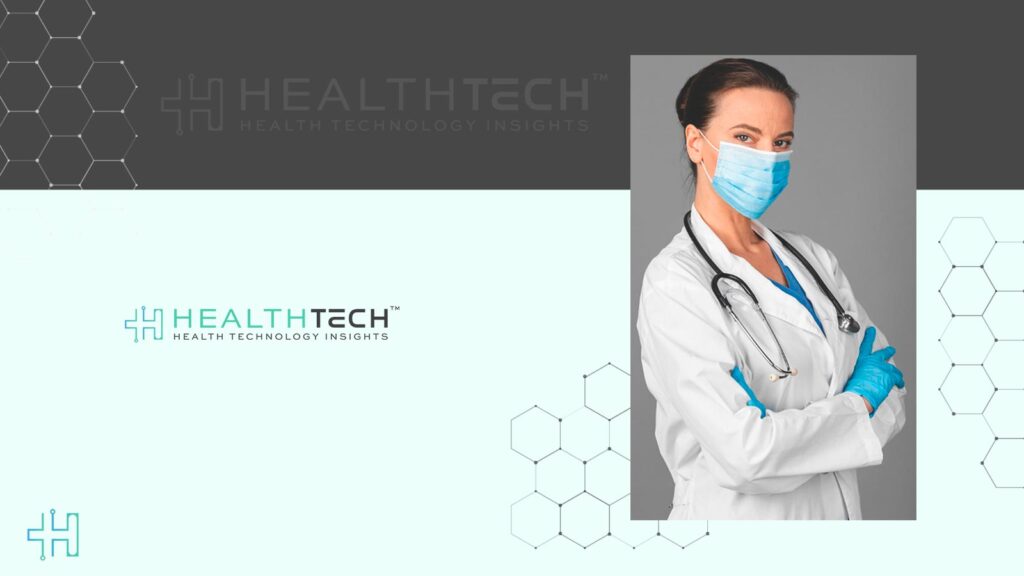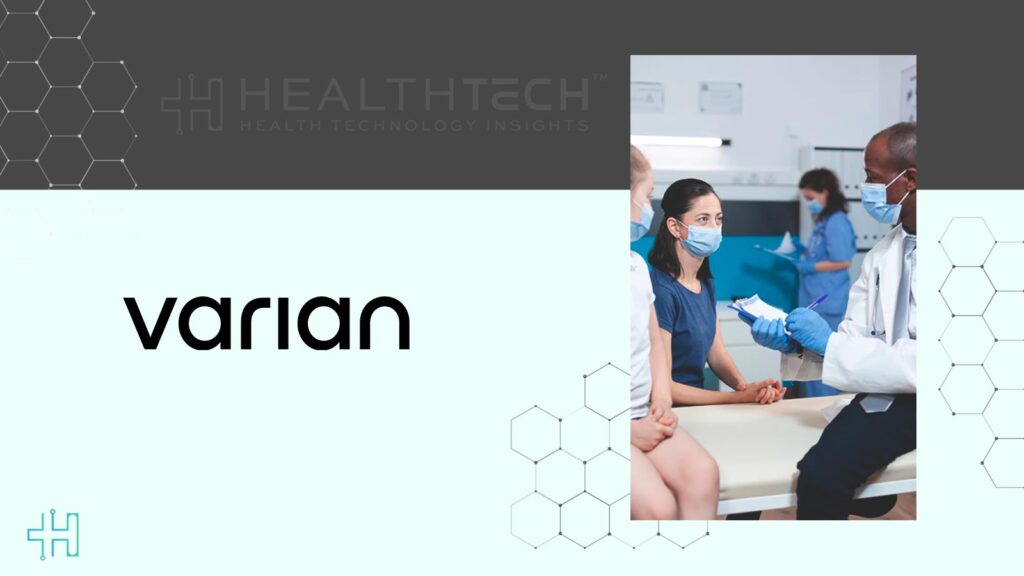Company plans FDA discussion in Q3 2026 to advance Phase 3 program and potential label expansion
Biofrontera Inc. a biopharmaceutical company specializing in the development and commercialization of photodynamic therapy (PDT), announced that the final patient in its Phase 2b clinical trial evaluating Ameluz (aminolevulinic acid hydrochloride) for the treatment of moderate to severe acne vulgaris (AV) completed participation on August 22, 2025.
Health Technology Insights: LifeKnight Names Dr. Thomas Osborne Lead Advisor for AI Safety
Acne vulgaris is a common skin condition characterized by inflammatory and non-inflammatory lesions that frequently lead to permanent scarring. Beyond the physical burden, AV often has a significant psychological impact, including reduced self-esteem and depression.
Current U.S. guidelines recommend a range of treatment options for AV, including topical agents, systemic antibiotics, hormonal therapies, isotretinoin and physical treatments. However, many of these options carry limitations such as serious side effects, teratogenic risks, the need for continuous daily dosing, or—particularly with antibiotics—growing concerns about resistance. As a result, there remains a critical unmet need for alternative treatment options.
Biofrontera’s Phase 2b trial is a multicenter, randomized, double-blind study comparing Ameluz with vehicle gel for the treatment of moderate to severe acne vulgaris using red-light Photodynamic Therapy (PDT). Following application of one tube of Ameluz or vehicle gel to the entire face, participants were incubated for either 1 or 3 hours before illumination with the BF-RhodoLED lamp. Up to 3 PDT sessions were performed at monthly intervals and participants were followed up for an additional 2 months after receiving the last PDT.
“We are thrilled to achieve this important milestone in our clinical program”, said Dr Hermann Luebbert, CEO and Chairman of Biofrontera Inc. “It brings us a significant step closer to potentially offering a new, effective and much needed treatment option for patients with moderate to severe acne vulgaris. This trial represents meaningful progress in expanding the indications for Ameluz and reinforces our commitment to advancing PDT.”
Health Technology Insights: Millennia Expands Executive Team with Appointment of Brian Foxworthy as CFO
Dr. Mitchel P. Goldman, MD, FAAD, the coordinating investigator of the study and Medical Director of Cosmetic Laser Dermatology and Platinum Dermatology Partners, expressed optimism about its potential impact “Ameluz PDT has demonstrated meaningful benefits in other dermatologic conditions, and we believe it will become an important option for patients with moderate to severe acne vulgaris. Many of these patients continue to rely on regimens that carry significant treatment burdens including cost, adverse effects and the necessity for prolonged treatments. Expanding the use of Ameluz to treat acne would be a valuable advancement for both physicians and patients. We look forward to the study results with great anticipation.”
Biofrontera expects to receive top-line data in Q1 2026. Pending positive results, the Company intends to present the findings to the U.S. Food Drug Administration (FDA) in early Q3 2026 as the basis for a future Phase III program, with the goal of achieving approval for Ameluz PDT for the treatment of acne vulgaris.
About Acne Vulgaris
Acne vulgaris is the most common skin condition in the United States, affecting an estimated 50 million people each year. Although often associated with adolescence, it persists into adulthood, impacting approximately 40% of adults. The condition ranges from mild blackheads and whiteheads to severe inflammatory forms such as nodules and cysts, which can cause permanent scarring and have profound effects on mental health and self-esteem. Current U.S. guidelines recommend topical therapies, oral antibiotics, and isotretinoin for moderate to severe acne. However, these treatments are frequently limited by significant systemic side effects, driving demand for safer and more effective alternatives. The U.S. acne treatment market, valued at $5.7 billion in 2024 and projected to grow at a 5.3% CAGR, reflects this unmet need. More than 55% of spending is currently directed to oral antibiotics and isotretinoin, underscoring the reliance on systemic therapies and the opportunity for novel treatment approaches.
Health Technology Insights: Sequencing.com Partners with PGxAI to Boost Affordable Healthcare
To participate in our interviews, please write to our HealthTech Media Room at sudipto@intentamplify.com
Source- PR Newswire





